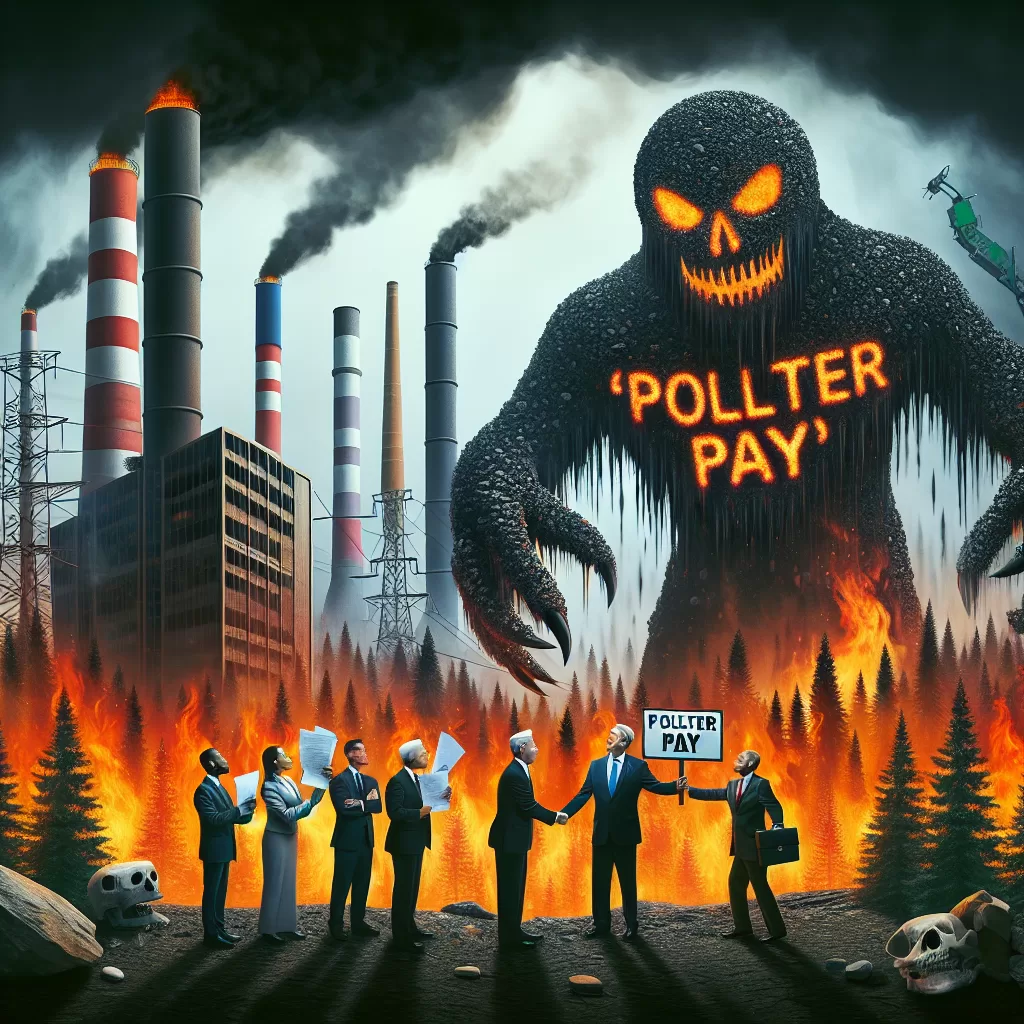Climate scientists have long warned about the escalating risks of extreme weather events, fueled by rising global temperatures driven by greenhouse gas emissions. The Los Angeles wildfires serve as a sobering reminder of the devastating consequences communities face due to the intensifying climate crisis.
Environmental advocates argue that the principles of accountability and corporate responsibility should compel major polluters to shoulder a portion of the immense costs associated with disaster response, recovery, and mitigation efforts. Proponents of the “polluter pay” approach view it as a crucial step toward internalizing the true societal and environmental costs of fossil fuel extraction and combustion.
As the debate over climate policy intensifies, the fossil fuel industry’s vigorous opposition to measures like the “polluter pay” bill underscores the uphill battle policymakers face in enacting substantive reforms to address the climate emergency. Striking a balance between economic interests and environmental imperatives remains a formidable challenge.

